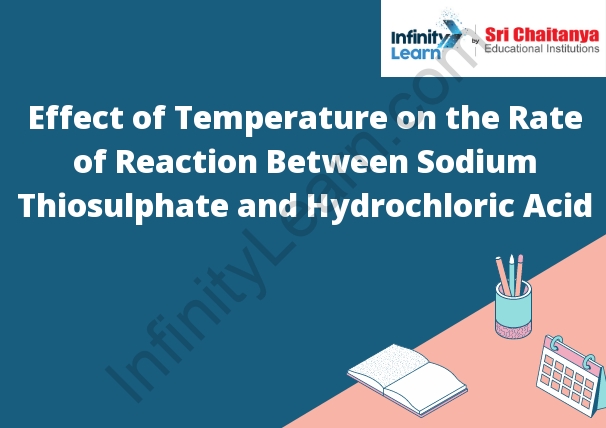Table of Contents
Temperature Effects on Reactions
Temperature affects the rate of chemical reactions in a number of ways. The most significant way temperature affects reaction rates is by the average kinetic energy of the molecules in the system. The higher the temperature, the faster the molecules move, and the more collisions they have with one another. This increased collision rate leads to more effective collisions, meaning that more of the reactants will collide in the correct orientation and with the correct amount of energy to undergo a reaction.
In addition to the average kinetic energy of the molecules, temperature also affects the activation energy of a reaction. The activation energy is the amount of energy needed for a molecule to overcome the forces that are holding it together in its original state. Once the activation energy is overcome, the molecule is free to react. The higher the temperature, the more energy the molecules have, and the easier it is for them to overcome the activation energy.
Finally, temperature affects reaction rates by affecting the equilibrium constant. The equilibrium constant is a measure of how likely a reaction is to occur. The higher the temperature, the higher the equilibrium constant, and the more likely the reaction is to occur.

Properties of Hydrochloric Acid
Hydrochloric acid is a colorless, corrosive, and highly acidic liquid. It is composed of hydrogen and chlorine atoms and is one of the most common acids in the world. Hydrochloric acid is a strong acid and has a pH of 1. It is a very effective solvent and is often used to dissolve minerals and other substances. Hydrochloric acid is also a powerful disinfectant and can be used to kill bacteria and other microorganisms.
Properties of Thiosulphate
Thiosulphate ion is a sulfur-containing compound with the chemical formula S
2O3−
2. It is a white crystalline solid that is soluble in water. Thiosulphate is a reducing agent, meaning it can donate electrons to other molecules. This makes it useful in photographic processing and in the removal of stains from fabrics. Thiosulphate is also used as a food additive to prevent the growth of bacteria.
Effects of Temperature on Rate of Reaction
The rate of a reaction is affected by the temperature of the reactants. The higher the temperature, the faster the reaction will proceed. This is because the higher temperature increases the kinetic energy of the molecules, which makes them move faster and collide with each other more often.
However, there is a limit to how fast a reaction can proceed. If the temperature is raised too high, the reactants will start to break down into their individual atoms and the reaction will stop. This is called thermal decomposition.






